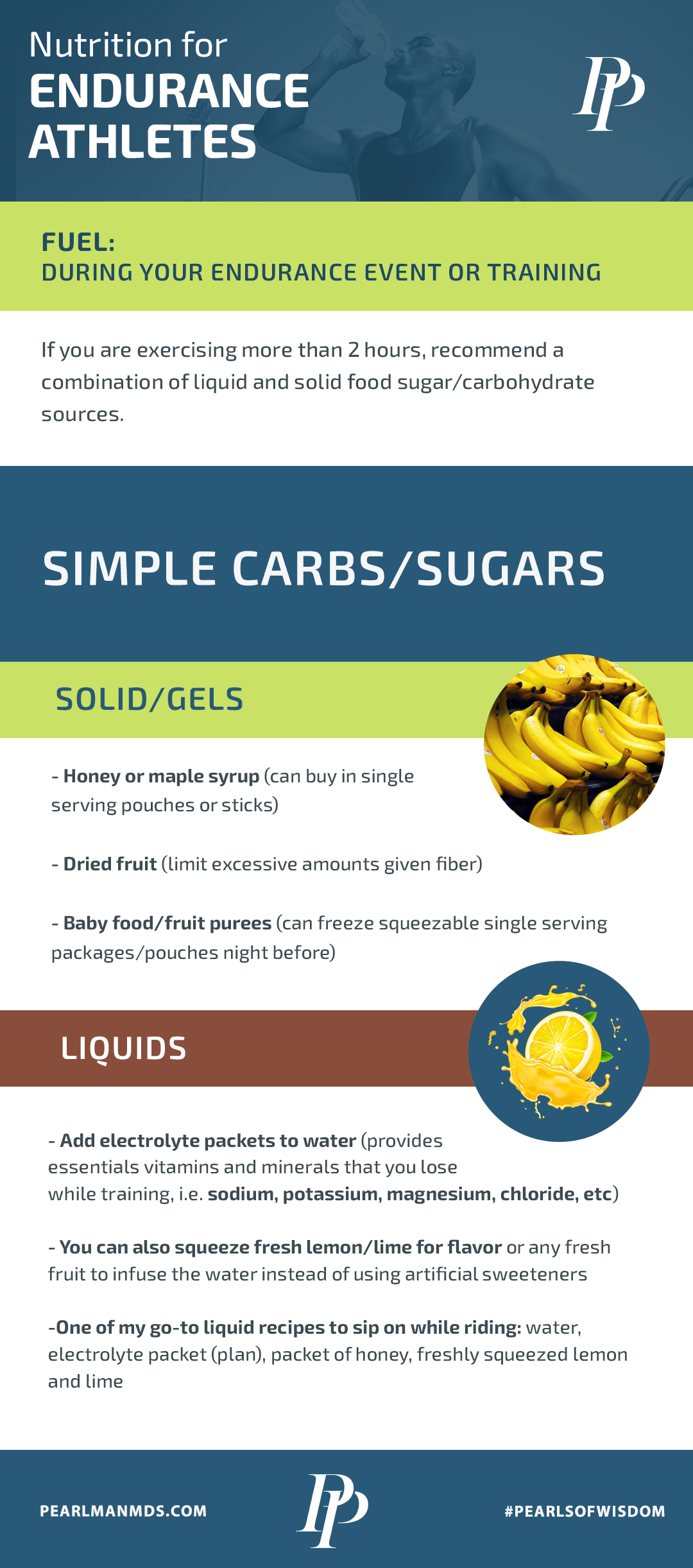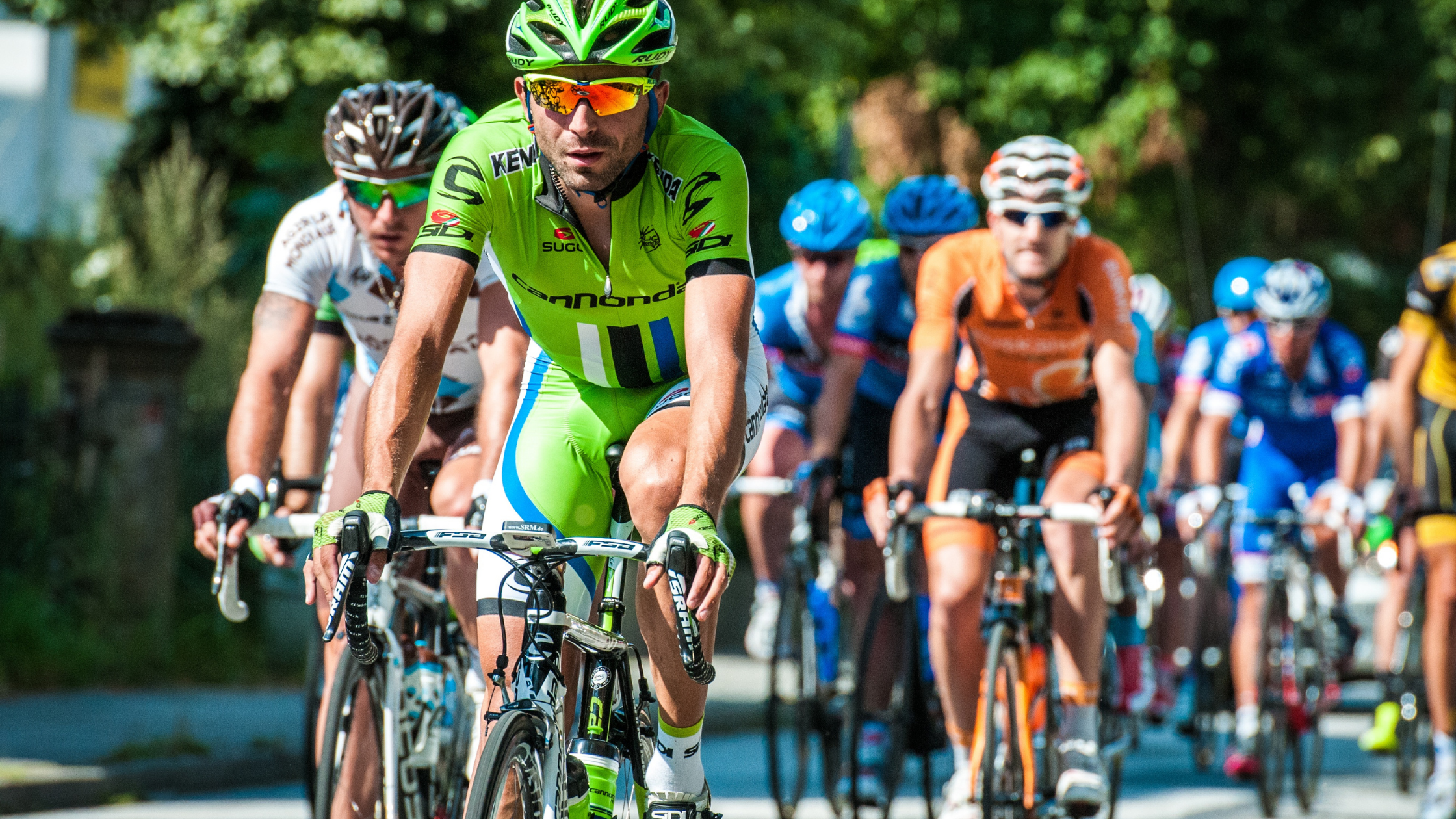Fuel: Prior to endurance event or training
Focus on whole food, plant- based nutrition plan majority of the time. Just because you are exercising, this does not mean you should consume processed foods and liquids on a daily basis. Your nutrition on a daily basis is key to maintain a healthy mind and body and reduce your risk of injury.
Make sure you stay hydrated on a daily basis. Increase your water consumption on days you are exercising to compensate for your fluid loss.
Waiting until the night before of the morning of to drink water is too late!
Night before:
The night before any endurance activity, consume foods that you eat on a routine basis. Do not introduce new foods at this point incase you have an intolerance. The night before, consume complex carbohydrates with protein. Some complex carbohydrate options include whole grain bread, quinoa, whole wheat pasta, or sweet potatoes. Also consume protein (either plant-based or animal-based, will depend on your preference). Avoid excessive seasonings and sauces. Keep it simple! Preferably homemade so you have full control over the ingredients.
Before the Start of Your Century: Your Ideal Breakfast
Morning of endurance event:
1-2 hours prior, consume simple carbs, limit excessive fat. Options include small banana or rice cake with peanut butter. Keep it light.
What Your Body Actually Needs During Different Types of Endurance Exercise
Fuel: During your endurance event or training
If you are exercising more than 2 hours, recommend a combination of liquid and solid food sugar/carbohydrate sources. Aim for 40-60 grams carbs/hour if more than 2 hours in duration. Limit excess fat/fiber as this can cause gastrointestinal upset and slows down digestion. Your body needs quick/immediate fuel source during exercise and simple carbs (sugar) are your most efficient fuel source to replenish glycogen stores to your muscles and use for energy. I usually recommend natural sources as they contain less ingredients. Some of the pre-made more processed sports foods/drinks can cause GI upset in some people.
Examples of simple carbs/sugars:
Solids/gels:
- Honey or maple syrup (can buy in single serving pouches or sticks)
- Dried fruit (limit excessive amounts given fiber)
- Baby food/fruit purees (can freeze squeezable single serving packages/pouches night before)
- Banana
- Pretzels with salt
Liquids:
Add electrolyte packets to water (provides essentials vitamins and minerals that you lose while training, i.e. sodium, potassium, magnesium, chloride) to name a few
You can also squeeze fresh lemon/lime for flavor or any fresh fruit to infuse the water instead of using artificial sweeteners
One of my go-to liquid recipes to sip on while riding (water, electrolyte packet (plan), packet of honey, freshly squeezed lemon and lime)
You can use commercially made liquids/snacks as well, but make sure you consume them while you are training prior to race day and experiment with different options well in advance. It is important that you pay the same attention to your pre/during/and post endurance nutrition regimen as you do the actual physical training. Nutrition plays an essential role in performance and recovery.


